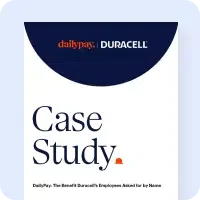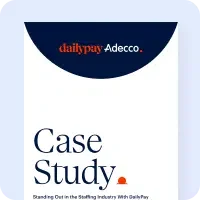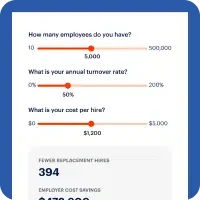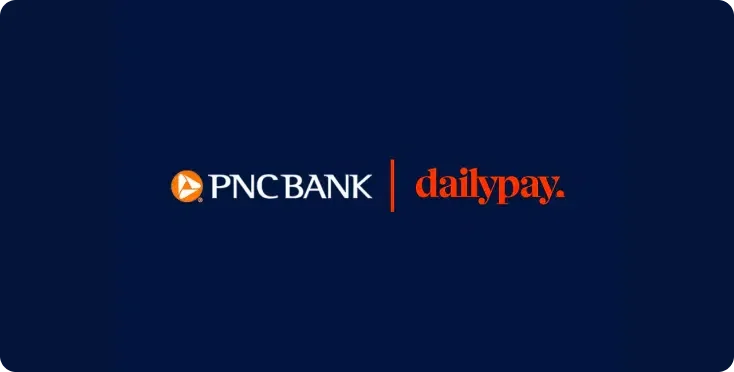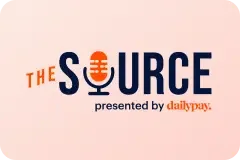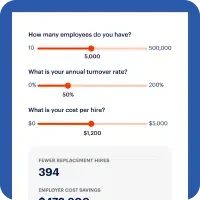A poll conducted by Morning Consult and commissioned by the Center for Responsible Lending, a nonprofit aimed at protecting consumers, found that 70% of registered voters approve of limiting interest rates on consumer loans to 36%¹. The poll found that not only does this measure have bipartisan support, but survey respondents also indicated that they favor the IRS more than payday lenders. Ouch!The public’s cold shoulder toward payday lenders isn’t unwarranted, though. According to Pew, the average payday loan borrower is in debt for five months out of the year, spending an average of $520 in fees to repeatedly borrow $375². This is especially alarming given the fact that 7 in 10 borrowers use payday loans for regular, recurring expenses such as rent and utilities.
It’s easy to see how vulnerable working Americans can easily get swept away into a vicious cycle of borrowing and debt. To combat this pandemic, a new industry has emerged: on-demand pay.
On-demand pay providers aim to help employees access their earned but unpaid earnings in order to avoid predatory payday lenders, achieve financial stability and stay on a path of financial wellness.
But as with any new industry, there are companies masquerading as legitimate providers while employing tactics that are traditionally used by payday loan lenders. Here are two of the many ways you can spot them:
1) You need to provide the loan provider with personal information, including your ID, paystub and bank account number.
Payday loan providers require borrowers to provide them with their bank account information so they can reclaim the loan and any accrued interest.
2) You have to post-date a personal check coinciding with your next payday or give the lender permission to electronically debit your bank account.
Debiting a borrower’s bank account is a slippery slope, and can trigger non-sufficient funds (NSF) fees or overdraft charges. Just recently, Silicon Valley-backed Earnin’ agreed to pay $12.5M for deceiving American workers.
On-demand “providers” who debit user accounts to reconcile payments are putting users at risk for these surprise fees, which puts them at risk of ending up in an even worse financial situation.
Given the public’s clear disdain for payday loan providers, it’s imperative that companies and their employees are able to accurately identify payday lenders disguising themselves as on-demand pay providers.
Fortunately, these practices are under intense regulatory scrutiny across the USA. New York’s financial watchdog has called these fees “Unlawful Interest Rates Disguised as Tips”. For example, a bill that is going before the Utah state legislature regarding payday loans in February 2021 could have some negative consequences for thousands of hard-working residents. Even worse, this law would pretend to be “non-recourse,” which just means the borrower won’t lose her house after her bank account is emptied. In many cases, this can also cause disruption to pending child support obligations.
Stay tuned for the update!

